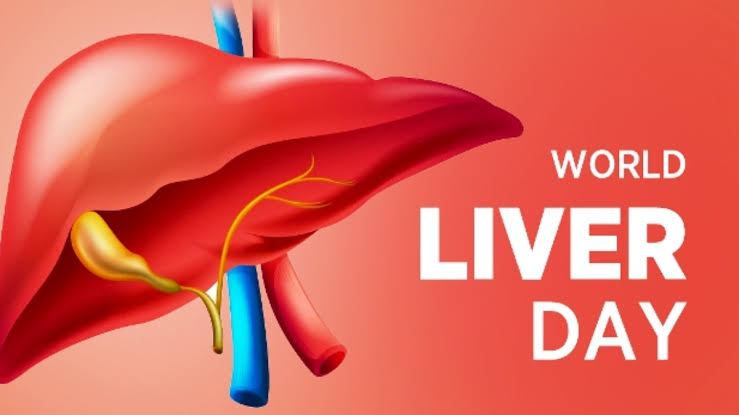Factors That Can Harm Your Liver
Each year on April 19th, World Liver Day is observed globally to raise awareness about liver-related illnesses and promote liver health. The goal is to educate individuals on the significance of maintaining liver health, advocate for preventive measures against liver diseases, and emphasize the importance of early detection and treatment.
The theme for this year's World Liver Day is "Be Vigilant, Get Regular Liver Check-Up, and Prevent Fatty Liver Diseases." This theme underscores the importance of early detection and prevention of liver issues, with a particular emphasis on combating the growing health threat of fatty liver disease.
On World Liver Day, numerous organizations, including health institutions and NGOs, engage in awareness campaigns, educational events, and health screenings to promote liver health and alleviate the global burden of liver diseases. You can contribute by researching and learning about your liver's health. Stay tuned as we share a list of factors that could potentially worsen your liver health.
10 Factors that can negatively impact liver health:
1. Excessive alcohol consumption: Alcohol abuse can result in alcoholic liver disease, characterized by liver inflammation, fatty deposits, and scarring. Abstaining from alcohol and seeking medical assistance for alcohol addiction can be beneficial for liver health.
2. Unhealthy diet: Consuming a diet high in processed foods, saturated fats, and sugars can contribute to obesity, insulin resistance, and fatty liver disease. Opt for a balanced diet rich in fruits, vegetables, whole grains, and lean proteins, while minimizing intake of unhealthy fats and sugars.
3. Obesity: Excess body weight can lead to fatty liver disease and elevate the risk of liver inflammation and scarring. Managing weight through a combination of healthy eating, regular exercise, and lifestyle adjustments can mitigate these risks.
4. Viral hepatitis infections: Hepatitis B and C viruses can induce liver inflammation and damage, resulting in chronic liver disease and potentially liver cancer. Antiviral medications and, in certain instances, vaccination against hepatitis B infection can serve as preventive measures.
5. Non-alcoholic fatty liver disease (NAFLD): NAFLD is marked by the buildup of fat in the liver, commonly linked to obesity, insulin resistance, and metabolic syndrome.
6. Exposure to toxins and pollutants: Chemical toxins, pollutants, and environmental contaminants have the potential to harm liver cells and hinder liver function gradually. Treatment involves minimizing exposure to toxins, adhering to safety protocols in the workplace, and upholding good environmental hygiene practices.
7. Medication and drug use: Certain medications and drugs, including over-the-counter painkillers, prescription drugs, and recreational substances, can exert toxicity on the liver. It's crucial to use medications as directed by healthcare professionals and avoid excessive or prolonged use of substances that can harm liver health.
8. Smoking: Tobacco smoke contains harmful chemicals that can lead to liver inflammation, oxidative stress, and increase the risk of liver cancer. Quitting smoking is a crucial step in protecting liver health.
9. Unprotected sex and unsafe injection practices: These practices can significantly increase the risk of contracting hepatitis B and C, both of which can lead to serious liver damage. Safe sex practices and avoiding the sharing of needles are essential preventive measures.
10. Genetic factors: Certain genetic conditions, such as Wilson's disease and alpha-1 antitrypsin deficiency, can predispose individuals to liver problems. Early diagnosis and management are crucial for mitigating the impact of these inherited liver diseases.
In summary, prioritizing a healthy lifestyle, steering clear of harmful substances, receiving hepatitis vaccinations, and promptly seeking medical attention for liver-related concerns are crucial for safeguarding liver health and preventing diseases. Consistent medical check-ups and screenings play a pivotal role in early detection, enabling timely treatment and intervention.




The Brief. Sign up to receive the top stories you need to know right now.